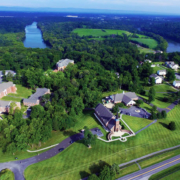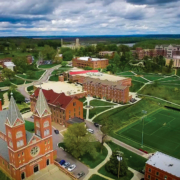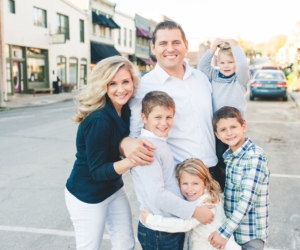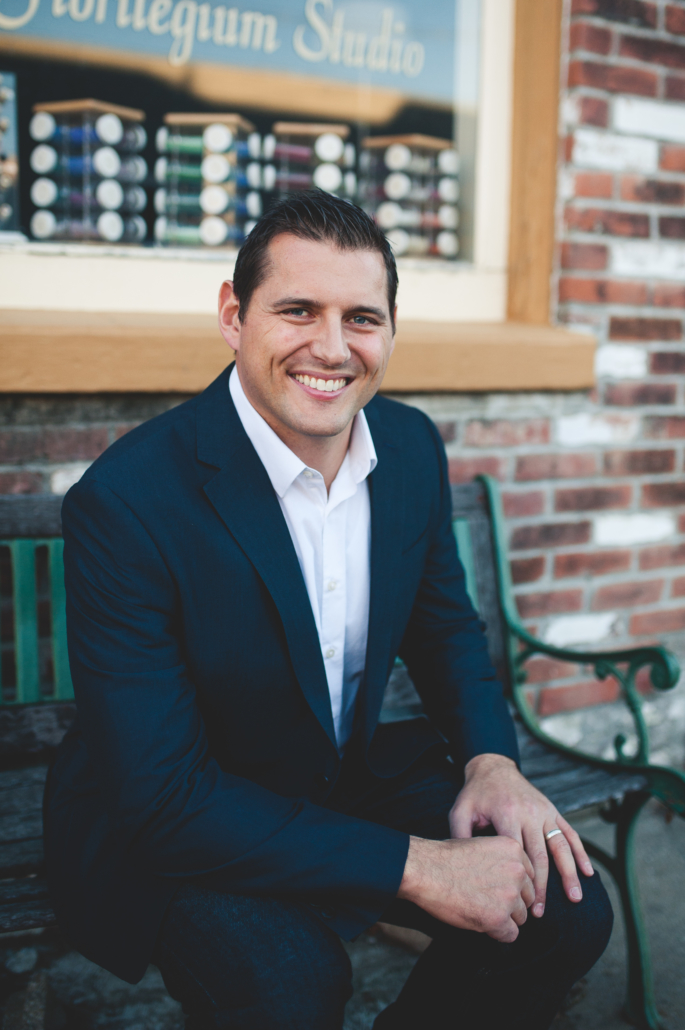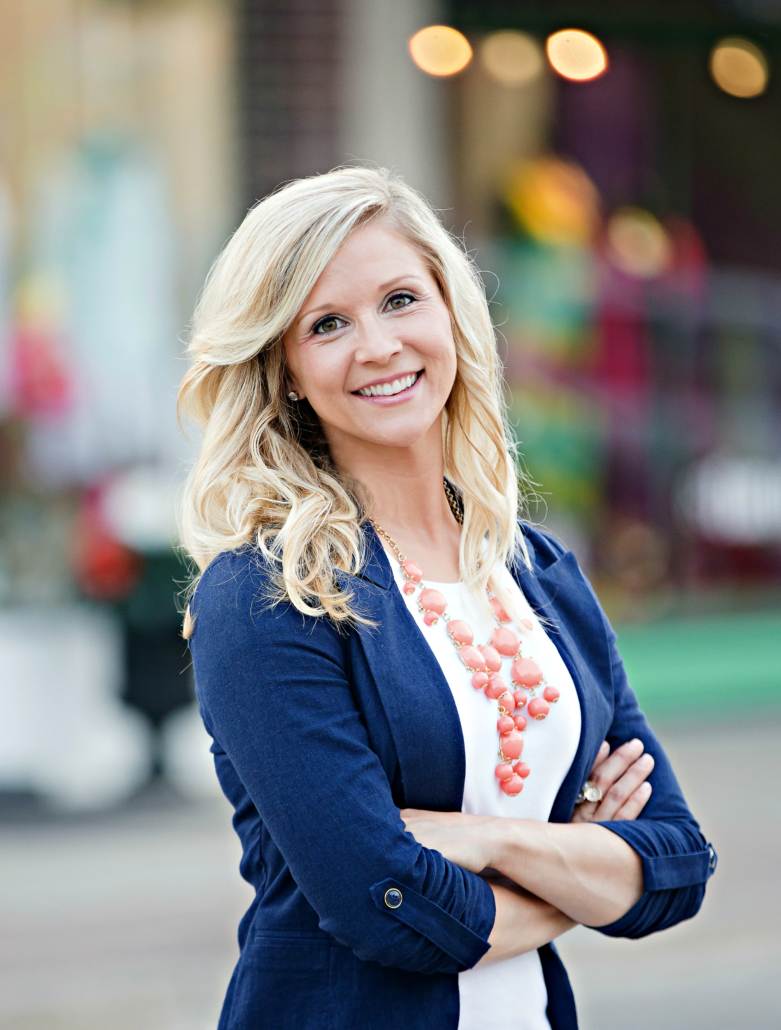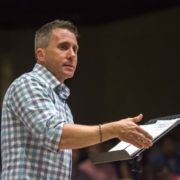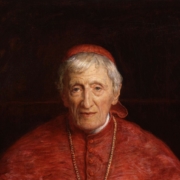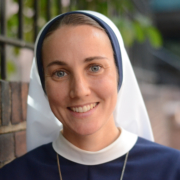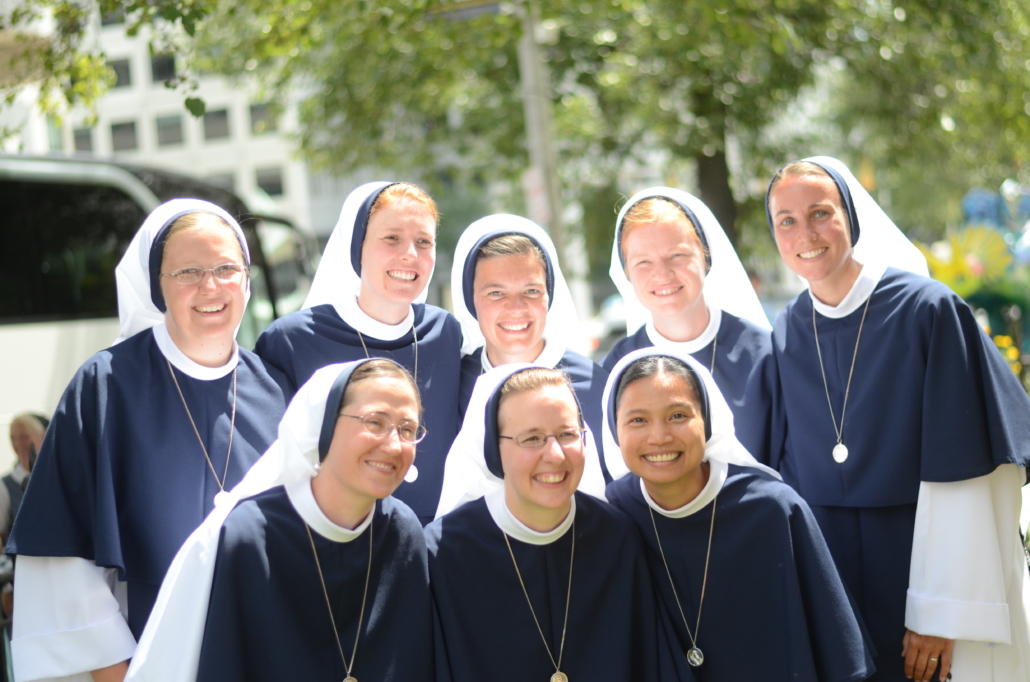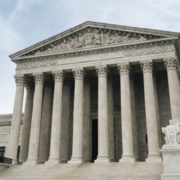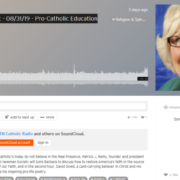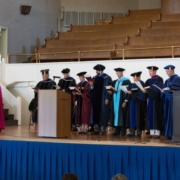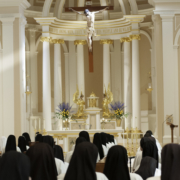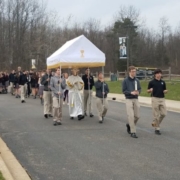Where is Newman’s University?
John Henry Cardinal Newman’s vision of higher education has been celebrated for more than 160 years, and it will hopefully get renewed attention after he is canonized this Sunday, Oct. 13.
Still, few colleges today closely resemble his Idea of a University.
If anything comes close to Newman’s vision today, it would have to be those faithful Catholic colleges recognized in The Newman Guide and the National Catholic Register’s College Guide. These are models for the renewal of Catholic education—largely according to Newman’s vision—and their continued efforts toward bringing his “idea” to fruition are a blessing to the entire Church.
I look forward to seeing many representatives of these colleges in Rome this week. Celebrating together with The Cardinal Newman Society’s supporters and friends will be leaders of Christendom College, Thomas Aquinas College and University of Mary, and key faculty members from Thomas More College of Liberal Arts and University of Dallas. We will gather also with friends from the faithful Pontifical University of the Holy Cross and Pontifical North American College.
The students and faculty of Belmont Abbey College got a head start on celebrating last week, with a lecture by Dr. Paul Griffiths. They gathered to rejoice in Newman’s sainthood, but also to embrace his vision for an academic and residential community shared by both students and mentors.
“Newman was deeply formed by his own experience as a student and as a professor,” Griffiths said. Newman expected tutors to be involved in students’ “moral and spiritual” formation and intellectual growth, in addition to students’ engagement with university lecturers and preachers.
On the same Thursday evening as the Abbey lecture, The Catholic University of America in Washington, D.C., held a conference on “Newman’s Idea of a University—What It Is and Why It Matters.” The event included a panel discussion with President John Garvey and professors from a variety of disciplines, highlighting Newman’s concern for dialogue and integration across a wide variety of studies.
A Catholic college unites “intellect and virtue, which man’s fallen nature has allowed to drift apart,” Garvey wrote in a 2010 article in First Things. He cited one of Newman’s university sermons:
It will not satisfy me, what satisfies so many, to have two independent systems, intellectual and religious, going at once side by side, by a sort of division of labour, and only accidentally brought together. …I want the same roof to contain both the intellectual and moral discipline. Devotion is not a sort of finish given to the sciences; nor is science a sort of feather in the cap… an ornament and set-off to devotion. I want the intellectual layman to be religious, and the devout ecclesiastic to be intellectual.
Although Newman is often associated with Catholic centers on secular campuses, he was primarily an advocate for Catholic, liberal arts education. The first “Newman Society” was established at Oxford University for Catholics seeking a higher education, only after the Irish bishops thwarted Newman’s plans for a truly Catholic Dublin university and the English bishops rejected his designs for an Oxford Oratory.
For Newman, only a Catholic college has full claim to authentic higher education, because a commitment to truth means that no branch of knowledge can be excluded, including the truths of our Catholic faith. To “withdraw Theology” from colleges is to “impair the completeness and to invalidate the trustworthiness of all that is actually taught in them,” Newman wrote in his Idea of a University.
Higher learning “educates the intellect to reason well in all matters, to reach out towards truth, and to grasp it,” Newman wrote. The “cultivation of the intellect” is “an end which may reasonably be pursued for its own sake.” It helps form a “habit of mind” which “lasts through life” and brings “freedom, equitableness, calmness, moderation, and wisdom.”
This type of education ends up being practical, too, although that is not its first objective. Cardinal Avery Dulles explained Newman’s thought during a 2001 address to The Cardinal Newman Society: “Whether one becomes a soldier, a statesman, a lawyer, or a physician, one will need the ability to think clearly, to organize one’s knowledge, and to articulate one’s ideas so as to deal effectively with the questions at hand.”
Newman saw in Catholic education “the incomparable advantage” over secular education of “being able to integrate all truth in relation to Christ, the incarnate Logos,” Dulles said.
At Newman Guide colleges, the difference is striking—and encouraging for a Catholic who is yearning for renewal in the Church and culture. At Christendom College, the entire community has been invited to join in a novena praying for “an outpouring of grace in the world” through Newman’s canonization, several faculty lectures on Newman’s conversion and Idea of a University, and a “watch party” on Oct. 13 to celebrate the canonization from afar. It is this integration of spirituality, academics and joy in God and his creation that marks a true Catholic education.
Faithful Catholic colleges that strive for intellectual and spiritual formation and not simply career preparation are the true heirs of Newman’s vision for higher education. May his vision continue to take hold worldwide, and may Catholic educators everywhere pray for his intercession in asking God’s favor upon the renewal of faithful Catholic education.
This article first appeared at The National Catholic Register.

